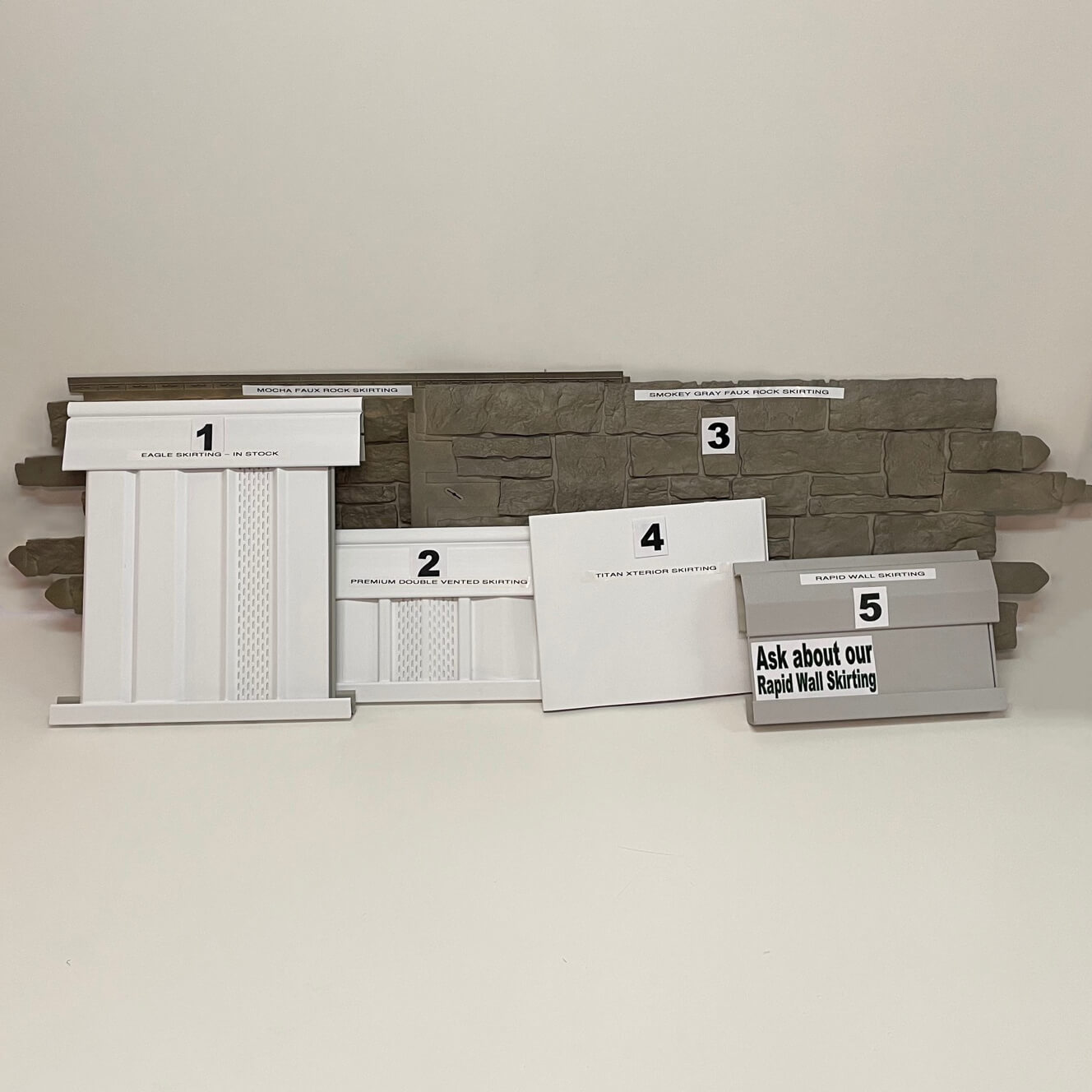Are FHA Loans Available for Mobile Homes?
Most homebuyers take out a mortgage when purchasing a new home. However, buying a manufactured home often means going through different financing channels than site-built homebuyers use.
You might have heard about FHA loans and how they help buyers afford to own their own home. If you’re considering your financing options for a manufactured home, you might be wondering: Can I get an FHA loan to buy my manufactured home?
The good news is: Yes, FHA loans for mobile homes are available! These loans can help families afford high-quality long-term manufactured housing. Read on to learn about the basics of FHA loans for mobile homes and when it’s time to ask a mobile home financing professional about your qualifications for an FHA loan.
What Is an FHA Loan?
An FHA loan is a mortgage loan that is backed by the U.S. Federal Housing Administration. One of the FHA’s lending partner institutions issues the mortgage, while the FHA shields the lender from risk by guaranteeing the buyer’s loan obligations. This allows the lender to offer mortgages to a wider range of buyers and provide more flexible terms.
Defining features of FHA loans include:
- Lower down payments
- Less stringent credit and income requirements for borrowers
- A maximum loan amount determined by your county of residence
Mortgage insurance is a key component of FHA loans. The borrower pays a mortgage insurance premium to protect the lender’s financial interest in case of default. Typically, one larger mortgage insurance payment is required as part of the closing process, and the buyer also pays a monthly premium when they pay their mortgage.
Advantages of an FHA Loan for a Mobile Home
An FHA loan is a great way for mobile home buyers to find mortgages that suit their financial needs. Here are some reasons that FHA loans are a popular way to obtain manufactured home financing:
- FHA loans typically require a lower down payment than traditional mortgages. If a buyer’s FICO score is above 580, the buyer can provide a down payment of just 3.5 percent of the loan amount.
- For buyers with little established credit or past credit problems, an FHA loan can be the most affordable mortgage option.
- FHA loans can be used to buy a manufactured home, whereas some loan products can be used only for site-built homes.
- The FHA offers a streamlined refinancing program that allows FHA loans to be refinanced quickly and easily for qualified borrowers.
- The FHA will allow closing costs to be financed.
Do You Qualify for an FHA Loan for a Mobile Home?
The requirements for FHA loan eligibility can vary, so ask a lending institution about their individual requirements. Some of the common standards for FHA loan eligibility include:
- You must use the home as your primary residence.
- The lot and lot lease agreement must meet FHA standards.
- The manufactured home must be compliant with the federal HUD code.
- The property must be appraised by an FHA-approved professional appraiser.
- The manufactured home you’re financing must be affixed to a permanent foundation and titled as real estate.
- You must show proof of consistent income, have at least two existing lines of credit and be within the FHA’s requirements for debt-to-income ratio.
Note that according to the Consumer Financial Protection Bureau, FHA loans are typically best suited for borrowers with lower credit and less ability to make a down payment. Borrowers with better credit who can afford a 10 to 15 percent down payment may pay less in the long run by using conventional financing,
Getting Started with an FHA Loan
The first step to getting an FHA loan is speaking with an FHA lender in your area and asking to get pre-approved. During this process, the lender will review your qualifications and determine how much you may be eligible to borrow. Pre-approval isn’t required, but it’s helpful.
Next, you’ll fill out Form 1003, the Uniform Residential Loan Application, and submit it to the FHA. If the FHA approves your application, the lender will order an appraisal of the property you want to buy. If the property is compliant, the lender will begin the underwriting process.
During underwriting, you’ll have to provide more detailed financial information to the lender’s underwriters. Once you’re approved, the closing process can begin. (Don’t forget to ask your lender if you can finance your closing costs.)









